Our fellowship in otology, neurotology and skull base surgery is a two-year ACGME-accredited training appointment and is designed to prepare board-eligible or board-certified otolaryngologists for the practice of otology/neurotology in academic otolaryngology.
The fellow will have the opportunity to work with all faculty members within the Division of Otology/Neurotology which actively collaborates with audiologists, hearing aid technicians, speech-language pathologists, physical therapists and a robust support staff. This dynamic team works together to detect, diagnose and rehabilitate hearing loss and related disorders. The division also enjoys a close collaborative relationship with B Gregory Thompson, MD and David Altshuler, MD, MS of the Department of Neurosurgery, who provide neurosurgical care for the vestibular schwannoma operations and other lateral skull base and posterior fossa procedures.
For the 2026-27 academic year, applicants must register with SF Match and apply through the website. Applications will be downloaded directly from SF Match and the fellowship match will be completed through the website.
The two-year fellowship builds upon prior clinical training and research experiences to fully equip the fellow to function effectively as a faculty member in an academic department of otolaryngology. The focus of the training is clinically oriented, with approximately 20 percent of the fellow's time is protected throughout the program to allow for the pursuit of academic projects and the development of new research interests.
Applicants must be eligible for the American Board of Otolaryngology examination or already be board-certified. A training license to practice medicine in the state of Michigan is required for duties related to the training program. An unrestricted license is needed if outside medical activities are planned. Moonlighting is permissible, if approved at the discretion of the program director. The fellow is appointed as a house officer due to ACGME regulations, and thus does not have independent clinical practice duties or routine on-call activities.
During the first two months of training, a structured preceptorship in audiologic and vestibular diagnosis with related assigned readings will be completed. The remainder of the training program is directed toward the active care of neurotologic patients, along with the mentored development of clinical expertise and surgical skills. Significant investment in laboratory temporal bone dissection is anticipated and will be supervised by the program director. Surgical opportunities in the operating room are graduated throughout the training program, with the extent of participation based upon personal preparation and demonstrated competence in temporal bone surgery. The weekly schedule includes:
- Operating room-two days
- Outpatient clinic activities-1.5 days
- Faculty mentored temporal bone dissection-half day
- Academic/research pursuits-one day
The fellow may participate in the care of any otologic surgical patient. The fellow's hands-on operative experience will be focused on inner ear procedures, facial nerve disorders and neurotologic skull base surgery. Our team strongly emphasizes choosing the most suitable approach for vestibular schwannoma tumor resection, rather than surgeon preference or institutional tradition. We believe this to be one of the distinguishing characteristics of the University of Michigan Neurotology training program. We tend not to recommend early stereotactic radiation for healthy patients with unilateral benign tumors.
If the patient elects to pursue surgical resection rather than observation, the translabyrinthine approach is used in over half of our vestibular schwannoma procedures. The other approaches are performed with the goal of hearing preservation using either the middle fossa approach or the retrosigmoid approach, the latter of which is also used for subtotal resection of the largest tumors. The hearing preservation rates in our middle fossa operations are among the best published results.
Surgical case volumes for our recent fellows are as follows:
| Fellow | Middle Fossa Vestibular Schwannoma | Translab & Retrosigmoid Vestibular Schwannoma | Cochlear Implantation | CSF Leak & Encephalocele | Stapedectomy | Temporal Bone Resection | Congnital Aural Atresia |
| 2012-2014 | 19 | 47 | 78 | 18 | 20 | 6 | 6 |
| 2014-2016 | 24 | 59 | 80 | 13 | 22 | 2 | 2 |
| 2016-2018 | 25 | 73 | 43 | 6 | 25 | 4 | 3 |
| 2018-2020 | 22 | 58 | 50 | 8 | 13 | 5 | 2 |
| 2020-2022 | 33 | 53 | 22 | 8 | 10 | 2 | 0 |
| 2022-2024 | 19 | 53 | 69 | 14 | 18 | 4 | 2 |
These advanced neurotologic procedures are performed by fellows and clinical faculty. Middle ear and mastoid surgery are primarily prioritized for resident training while they undertake their ten-week rotations with the otology service. With increasing faculty size, the fellows have been involved in these operations more frequently than in the past. As such, there may be the opportunity to perform cochlear implants or surgery for chronic otitis media on days when there are no advanced temporal bone or neurotologic procedures on the schedule.
- Assist division faculty in evaluation of outpatients with otologic complaints, generally 1.5 days per week
- Be available to make rounds with the residents each weekday and one weekend day when there are neurotology inpatients in the hospital
- Organize and present the clinical information regarding upcoming surgical cases at the weekly otology case conference
- Become sophisticated in vestibular diagnosis and multidisciplinary care of patients with vestibular disorders, including the interpretation of computerized videonystagmography, oculomotor testing, VEMP and electrocochleography, rotational chair testing and dynamic posturography
- Perform triage and initial evaluation for neurotologic patients requiring urgent evaluation and presenting the case to the division faculty member on duty
- Be available to advise clinical staff seeking to triage urgent and emergent otologic consultations
- Assist with resident call coverage once annually to free the residents during their Otolaryngology Training Exam (“In-service Exam”)
The division is actively involved in the otolaryngology residency teaching program at the U-M Medical School. There are weekly otology case conferences, as well as didactic sessions and supervised temporal bone dissection for residents and fellows while on service. In addition to the teaching responsibilities in the temporal bone laboratory, fellows will instruct during dissection sessions and periodically lecture during temporal bone courses, weekly otology conferences and in other continuing medical education courses, as deemed appropriate.
The temporal bone dissection laboratory has 14 stations equipped with otologic drills, binocular operating microscopes and video monitors that are used for monitoring and instruction. Fellows are encouraged to spend extended blocks of time in the temporal bone lab perfecting their own surgical skills, particularly those related to transtemporal approaches to the internal auditory canal and the other advanced techniques required for neurotologic surgery. These efforts will both precede and complement their responsibilities in the operating room.
The fellow provides informal surgical mentoring for otolaryngology residents and will occasionally supervise during the weekly drilling sessions if the assigned faculty member is detained.
In addition, fellows will circulate as instructors in our 5-day temporal bone dissection courses which is offered four times a year. This is an opportunity to master the surgical anatomy of the temporal bone and to hone one’s microsurgical teaching skills which adds immense value when pursuing a faculty position in an academic program.
The University of Michigan offers highly competitive salaries and generous benefits to our fellows and advanced trainees. Trainee salary will be commensurate with that of a House Officer at an equivalent level of training based on the HOA contract.
Our current Department of Otolaryngology-Head and Neck Surgery fellows are gaining hands-on, comprehensive training in surgical procedures and evaluation and management of otolaryngologic conditions.
At least 20 percent of the weekly schedule is available during both years of training for research and academic pursuits. It is appropriate to initiate academic projects and participate in academic publications initiated by faculty members. In addition, it is expected that the fellow will complete one major clinical or basic science research project during the second year of training. This project may be the continuation of a prior research interest, a major clinical research endeavor or a new area of basic science investigation that interfaces with the ongoing activities of the scientists at the Kresge Hearing Research Institute.
Research training should include development of a research plan supervised by a faculty member leading to preparation of a formal NIH-style proposal to be presented to the departmental research committee during the first year of training. The fellow will be expected to pursue extramural funding, although start-up support may be sought from the Division of Otology/Neurotology and/or from competitive funding available through the research committee. The fellows are also encouraged to initiate prospective or retrospective clinical studies for publication.
The department will provide a travel stipend of $750 to assist the fellow with travel to one major otolaryngology meeting per year. Additional funding may be available at the discretion of the division director, particularly when a paper is to be presented.

Fellows receive comprehensive clinical training in a high-volume academic medical center that also supports and excels in a wide range of basic science, translational and clinic outcomes research programs.

We find a new reason to love Ann Arbor nearly every day — year-round outdoor activities, cultural experiences, a growing food scene, and a welcoming, family-friendly atmosphere are just a few that come to mind. Explore all that Ann Arbor and our surrounding communities have to offer.
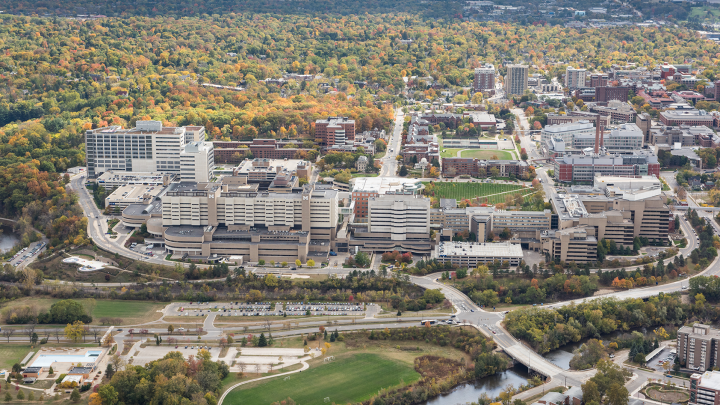
The University of Michigan is committed to supporting the well-being of our trainees.
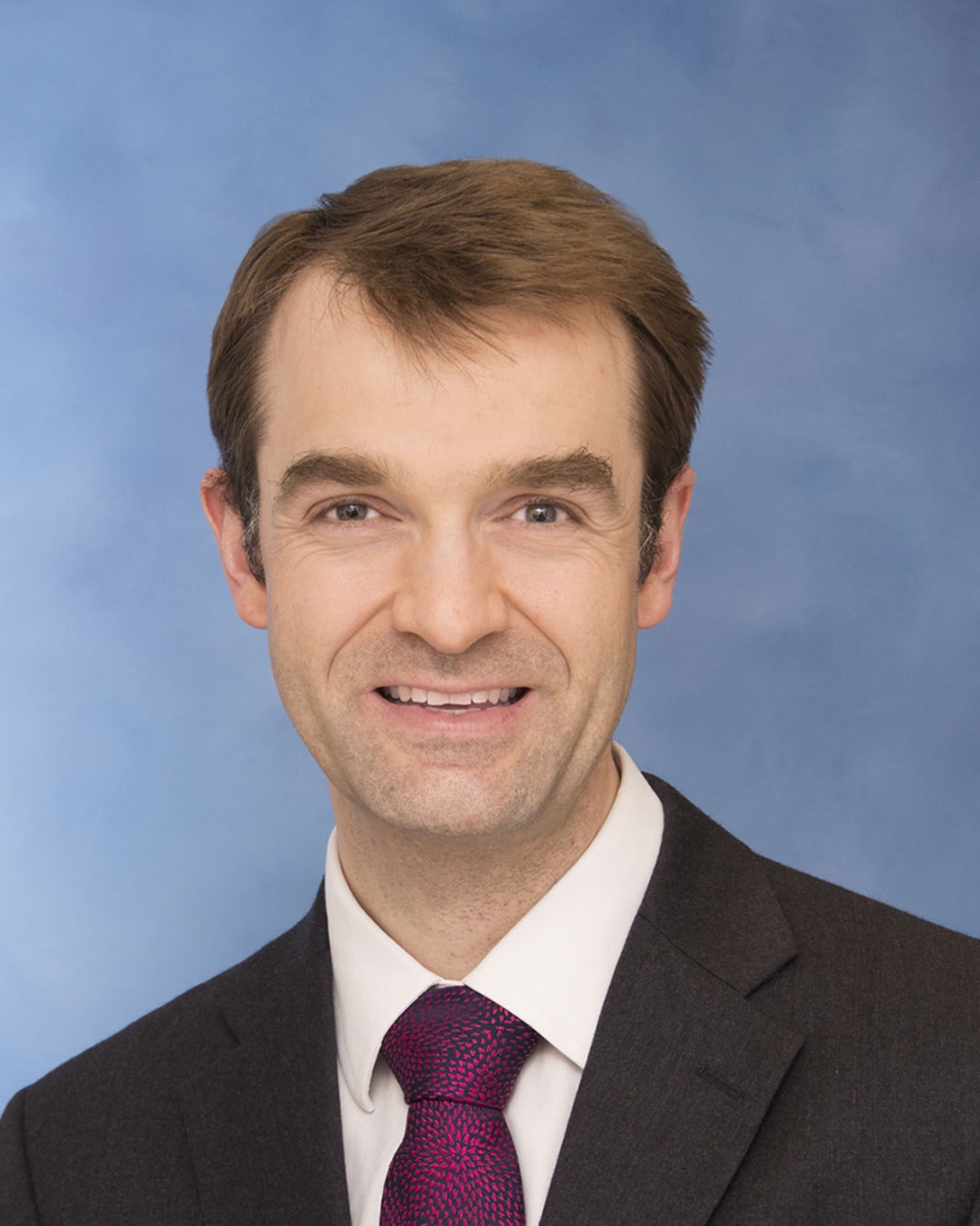
Otology and Neurotology Fellowship Director
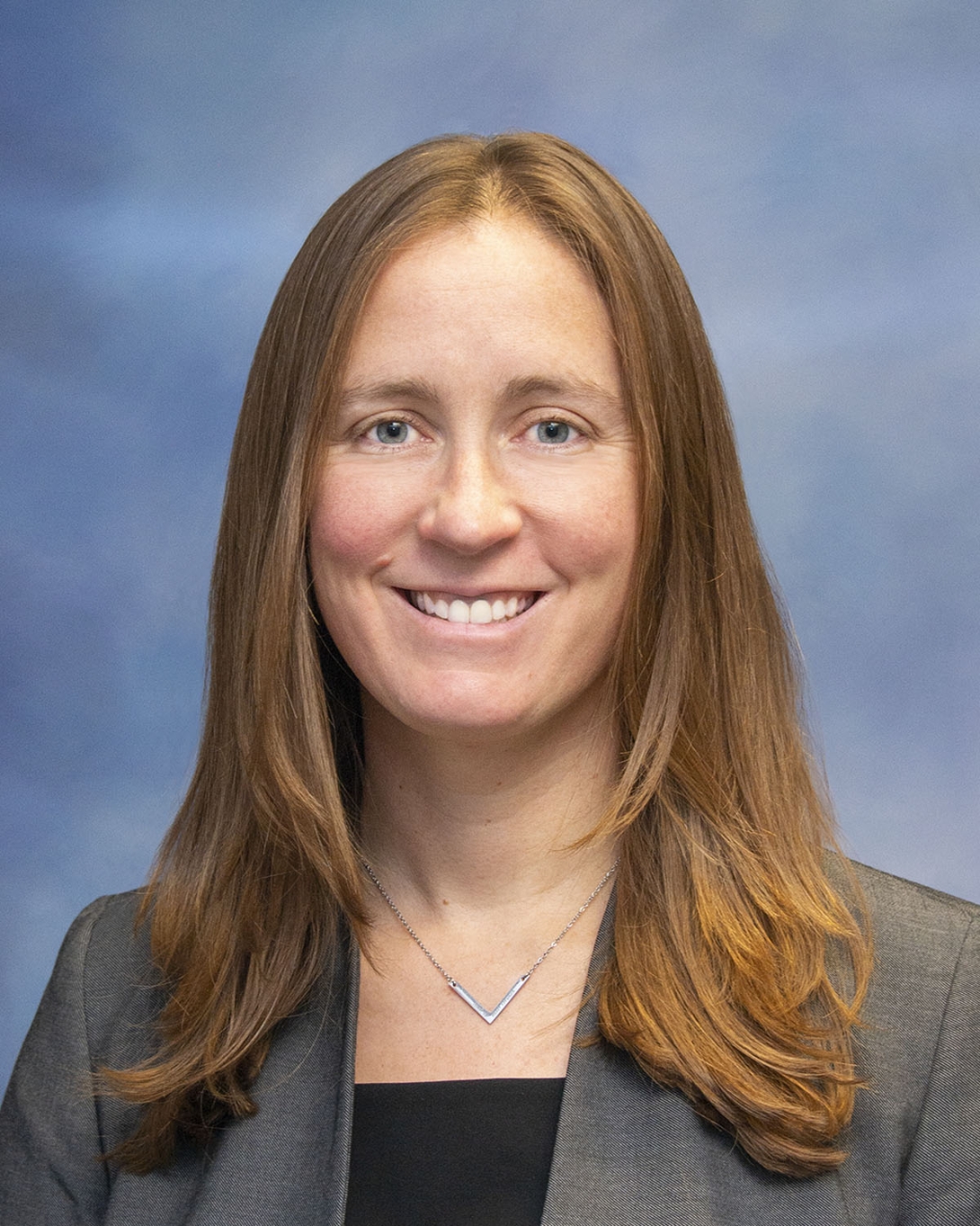
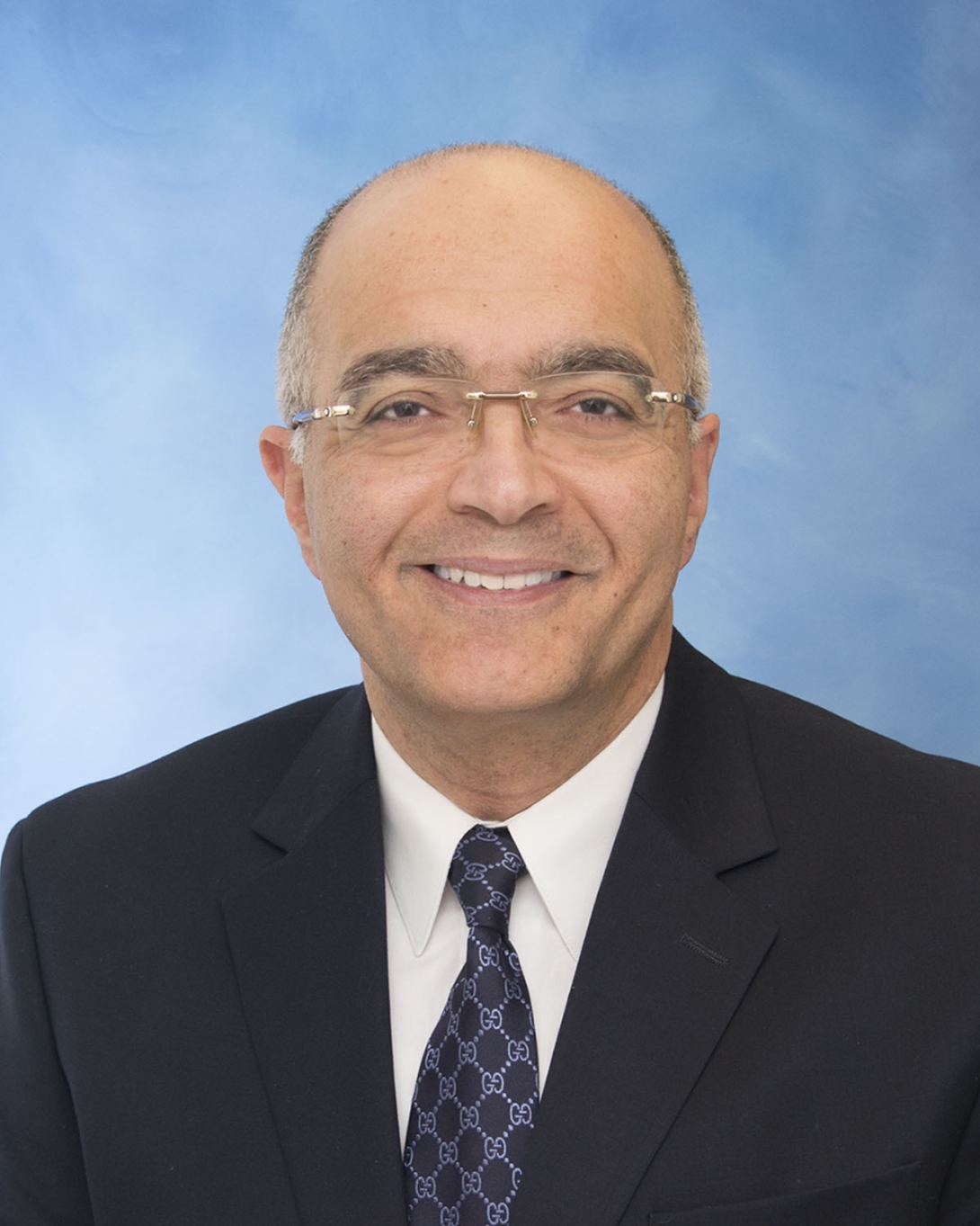
Professor of Otolaryngology-Head and Neck Surgery
Associate Chair, Otolaryngology-Head and Neck Surgery
Otology and Neurotology Division Chief
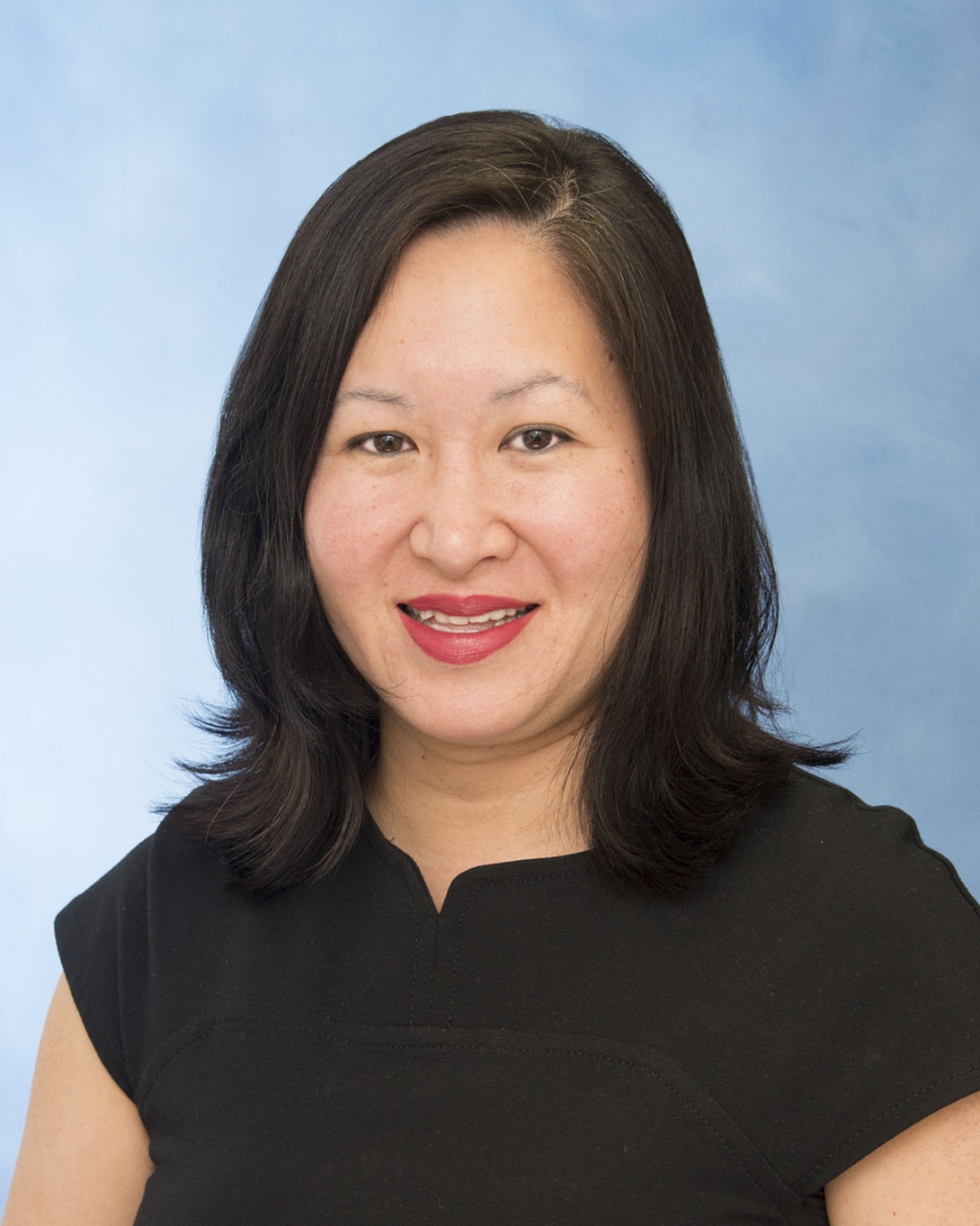
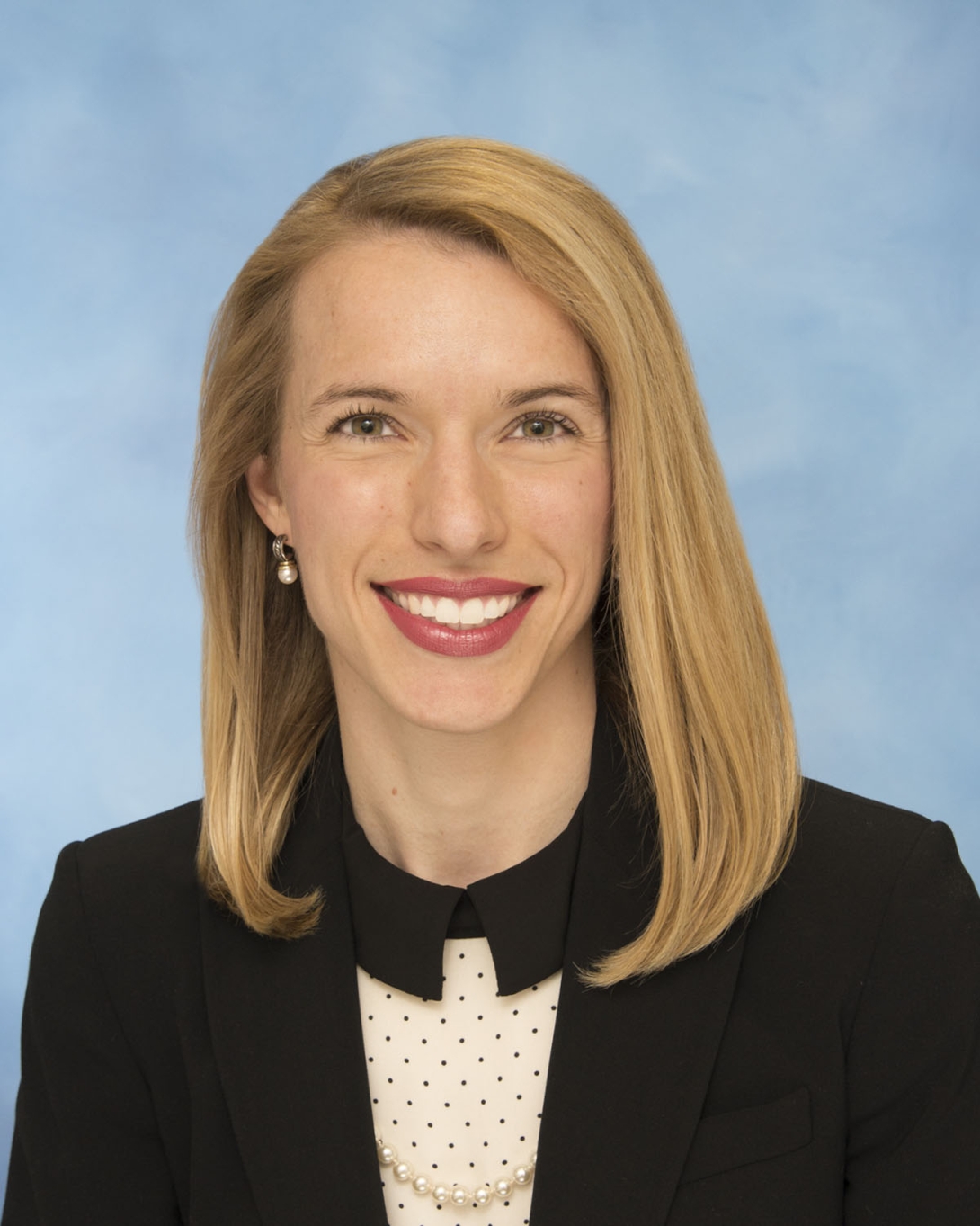
Michigan Balance Medical Director
Cochlear Implant/Hearing Rehab and Medical Director
Otolaryngology Education Lead